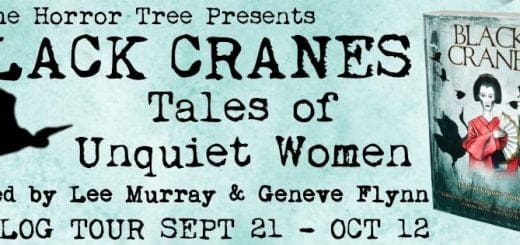Understanding the Science Behind Fear & Stress for Fiction Writing
Understanding the Science Behind Fear & Stress for Fiction Writing
While technological advancements like artificial intelligence and chat programs are making it easier for writers to get their thoughts and words down on paper, some things can’t be replicated by robots, like fear and anxiety. As a fiction writer specializing in horror, you need to understand the science behind these dark issues to make an authentic and compelling case in your books.
Understanding Fear
To truly scare the reader, you need to know why we get scared. There are two types of fear: innate and learned.
Innate fear is what triggers our fight-or-flight response. Things like heights, rapidly approaching objects, and unsightly creatures, like spiders and snakes. These occurrences make us nervous and we want to get away.
Learned fear is something you learn to fear over time. If you’ve ever burned your hand on a hot stove, you probably have learned fear of hot kitchenware, for example.
While our minds can go crazy when we’re scared, we could also have a physical response. When you’re afraid, your blood pressure rises, your heartbeat accelerates, and your breathing often becomes erratic. These physical changes occur because you’re entering a fight or flight mode.
It’s only natural to be fearful. However, most of us would rather go through our lives while experiencing as little real fear as possible. Nevertheless, people still like to read about scary situations because it’s a form of escapism that we aren’t really experiencing in real life.
The Science Of Stress
Depending on how we live our lives, it’s possible that unending stress and anxiety could actually be bigger problems for us than fear. Like fear, stress is also a natural response to danger and uncomfortable situations. When we face challenges, our bodies produce the chemical cortisol that leads to alertness, increased blood pressure, and heightened muscle preparedness. Essentially, it means our body is ready to fight back or defend itself.
We can experience stress for many reasons, from frustration at work to family drama, so there’s plenty of triggers that you could include in your book. Even drinking too many caffeinated or sugary drinks can cause anxiety. That’s because they raise our blood pressure and stimulate our central nervous system. Then our body releases that cortisol as our fight or flight response to get our vitals back to normal.
Luckily, there are many simple tactics that can quell our anxiety. Simple things like practicing breathing exercises and taking a walk. Meditation can also be a great tool that we can practice every day to remain centered so we don’t get stressed in the first place.
You could incorporate stress into your horror story by choosing any of the many triggers that can cause us to become anxious and then select one of the relaxation techniques to solve your scary situation.
Incorporating Fear And Stress Into Your Writing
Since you have likely been scared at one time or another, use a personal experience as a plot in your book. You lived it, so provide authentic details about what you were afraid of, how you felt mentally and physically, and how you overcame it.
Add in the right details, and the reader could feel the same anxiety as you did as they read. During your descriptions, talking about the visuals of your fear is only half of the equation. Make it a full sensory experience by also describing the smells, like the scent of rot and decay or the smell of blood. Also, talk about the sounds we all fear, like screams and our own pounding hearts.
If you need more inspiration, then switch on the TV at night. Our news is dominated by scary and stressful stories that make us panic every day and cause us to feel truly anxious. If you need an idea, use those real-life events as inspiration in your book.
This is just a bit of background regarding the science behind fear and stress and how you can incorporate it into your next work of fiction. Use this information to add a bit more detail to your writing, and you’ll truly scare the pants off of your readers.
- About the Author
- Latest Posts













